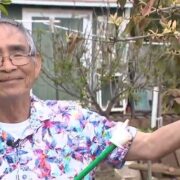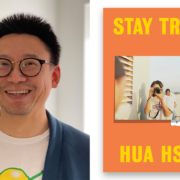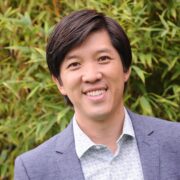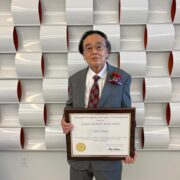Discusses memoir, growing up Taiwanese-American
by Eddie Huang
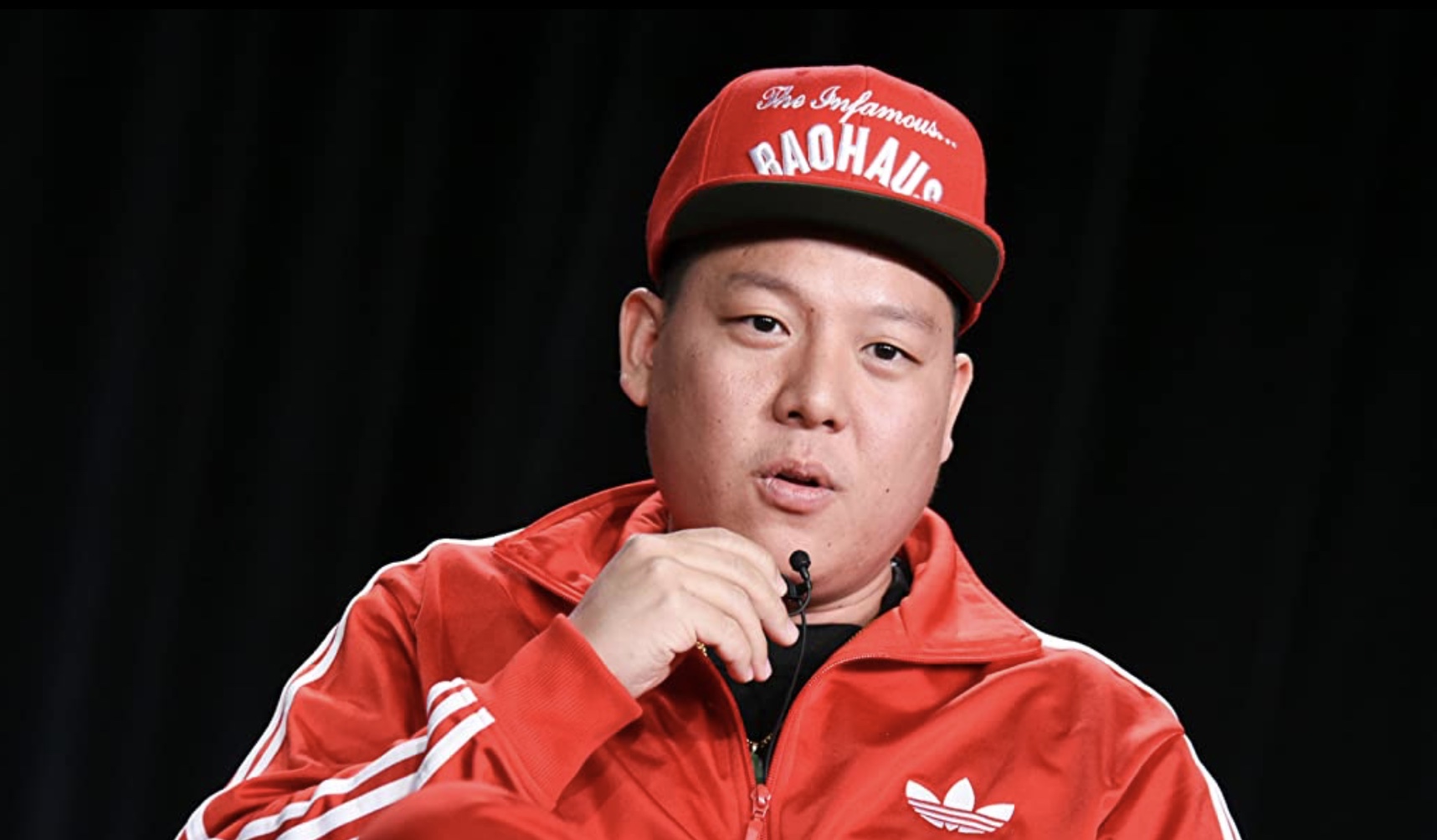
Restaurateur and author Eddie Huang has transformed himself from a convicted felon into a successful business-owner. (Photo by Richard Shotwell/Invision/AP)
Celebrity chef, blogger and owner of New York’s Baohaus sandwich shop, Eddie Huang, considers himself something other than the “model minority.”
In his memoir “Fresh Off The Boat,” Huang describes a troubled childhood growing up as the only Taiwanese-American in his gated Florida community.
“When I was 14, my dad became a millionaire. Growing up, we never had money so it was pretty shocking for me. My dad was successful and moved to this neighborhood, but even in that neighborhood and even with money, money can only change you so much,” he said.
While growing up in Florida, Huang says, he identified as an outcast because he was lumped together with the three other kids in his community who weren’t white.
“There’s racism everywhere. When I was nine years old in Florida, this kid Edgar pulled me by my shirt, threw me to the ground in the lunch line and said ‘Chinks get to the back.’ And it wasn’t that I realized, people made me realize what I was,” he said.
Huang says he wrote this memoir for other kids who might feel like there isn’t someone talking about what they’re going through in urban America.
“Even though I’m technically second generation, my mom was only here four years when I was born. So it’s almost like we came over together,” he said. “This generation of immigrants in America, it was not easy. To be born in the 80s in America and to grow up in that circumstance in the suburbs, it just goes to show you, you can have clothes on your back, a roof over your head and food in your mouths and the foundational levels of Maslow’s Pyramids of Needs are taken care of — but emotionally, intellectually, mentally, there’s so much more to being an American then food in your mouth. And I really feel like we were robbed of the American experience at times.”
At home, Huang said he faced violence between his parents, who also hit him.
And at school Huang faced racism, which would lead him into fights. Once he got to college, Huang said he didn’t fit in and while trying to defend a friend he drove a car into a group of students — landing him in jail with a felony conviction.
“I was a bad kid,” he said. “I was not a model minority.”
After college, Huang went on to law school, but after passing the bar and getting a job, he quit and decided to sell Taiwanese street food.
Now a successful restaurateur, Huang says letting go of the anger from his past came the day Random House bought his memoir.
“The day that they bought it, I remember going to sleep and I woke up the next day and said ‘I don’t owe anybody anything. I’m going to write this book. Somebody’s giving me the opportunity and it’s all I’ve ever wanted in life in America as a Taiwanese-Chinese-American is an opportunity to tell my story,'” he said. “Baohaus was amazing, Baohaus jumped it all off, and that success really made me happy, but I knew I was more then just a sandwich artist.”
Huang’s journey has made him who he is today, but his advice for young people is to do what inspires them or makes them passionate.
“You can do anything you want to do, but I would tell older people, I really, truly believe…we will be better off as a country if people gave young people the opportunity and experience to breathe and make some mistakes,” he said.
Source from www.pri.org

